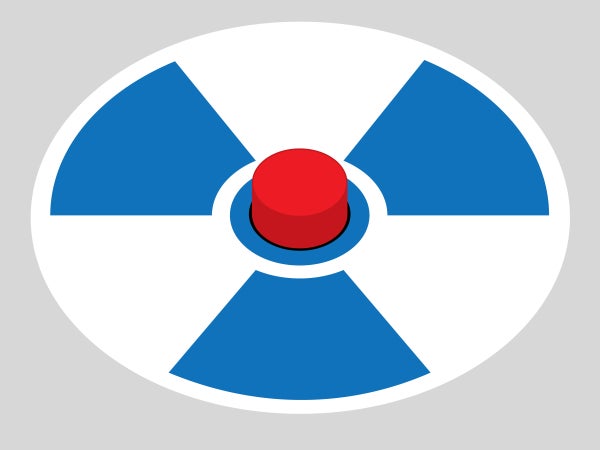October 3, 2024
5 min read
The Next President Faces Tough Nuclear Weapons Deadlines
Whoever wins the 2024 presidential election will face heightened nuclear geopolitics, deadlines on nuclear deals with Russia and Iran and decisions on a $2-trillion weapons-modernization effort
This article is part of a series on what the 2024 presidential election means for science, health and the environment. Editors with expertise on each topic delved into the candidates’ records and policies and the evidence behind them.
Amid the many dangers facing the world, questions about the direction of U.S. nuclear policy—and control of the nuclear button—have received surprisingly little attention in the 2024 election, nuclear policy experts say. “Overall, the missing story is why there isn’t more argument about nuclear weapons at precisely a time when the commander in chief might be unstable and in a world where Russia has repeatedly made nuclear threats,” says national security expert Sharon Weiner, an associate professor in the School of International Service at American University.
But she and others say even without clear plans from the campaigns of former president Donald Trump and current vice president Kamala Harris, we can use past actions to glean some insights into what to expect for nuclear weapons policy with a new administration. “We do have some data to base our projections on in the past behavior of both the Trump and the Biden administrations,” says Daryl G. Kimball, executive director of the Arms Control Association, a nonprofit dedicated to promoting support for effective arms control.
Nine nations worldwide possess some 12,000 nuclear weapons, with the great majority owned by the U.S. and Russia, according to the Federation of American Scientists, a nonprofit think tank focused on global security. Whoever wins the election, the next president faces hard choices—and hard treaty deadlines—on U.S. nuclear arms, which comprise roughly…
Read the full article here







